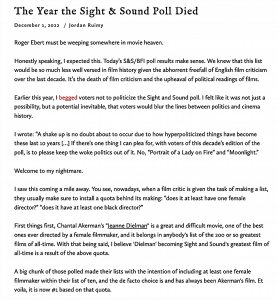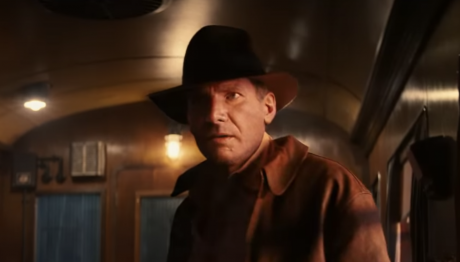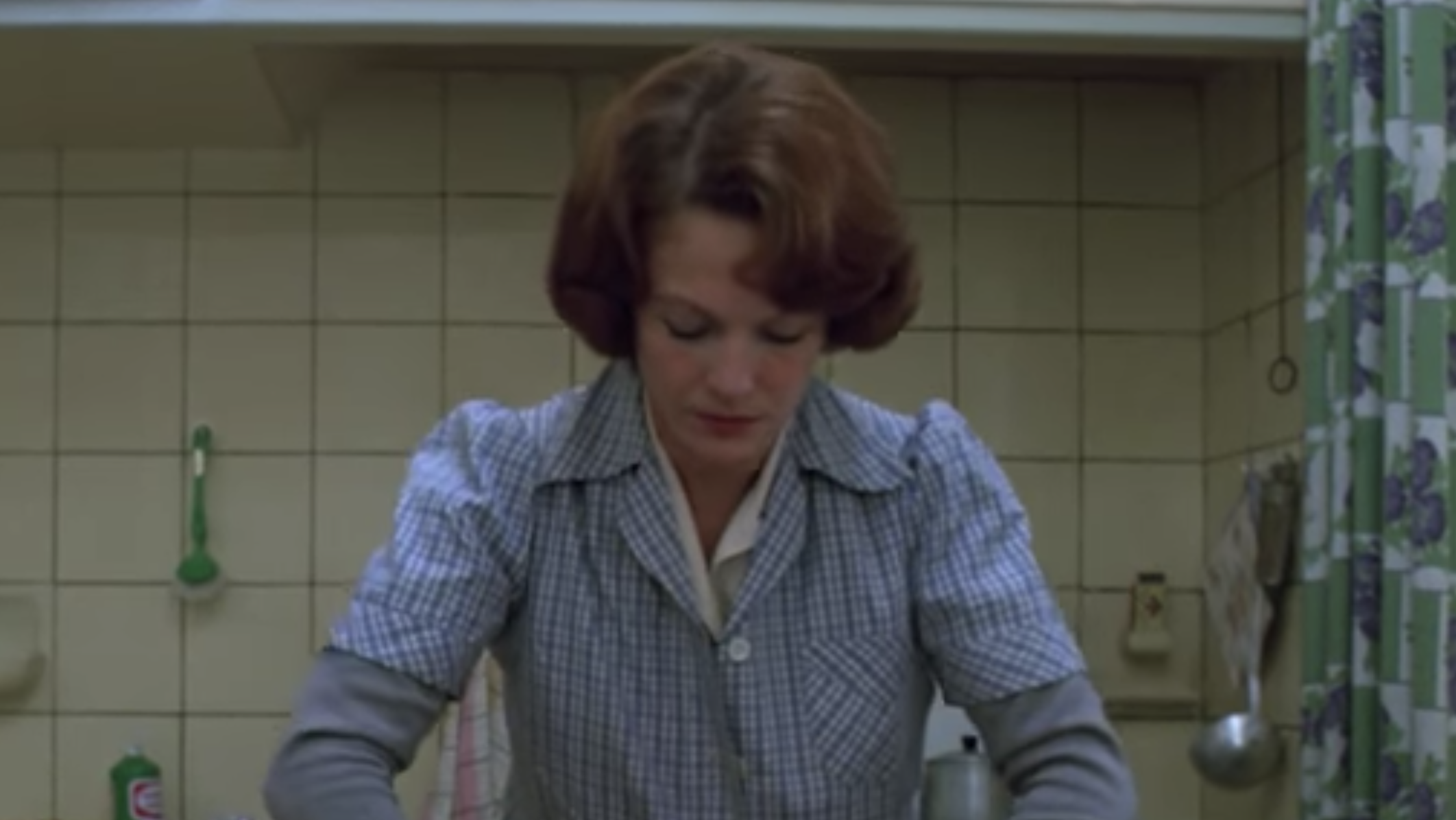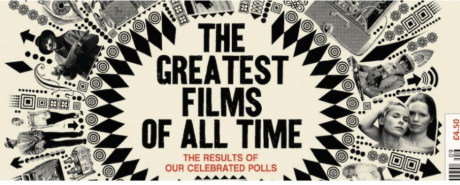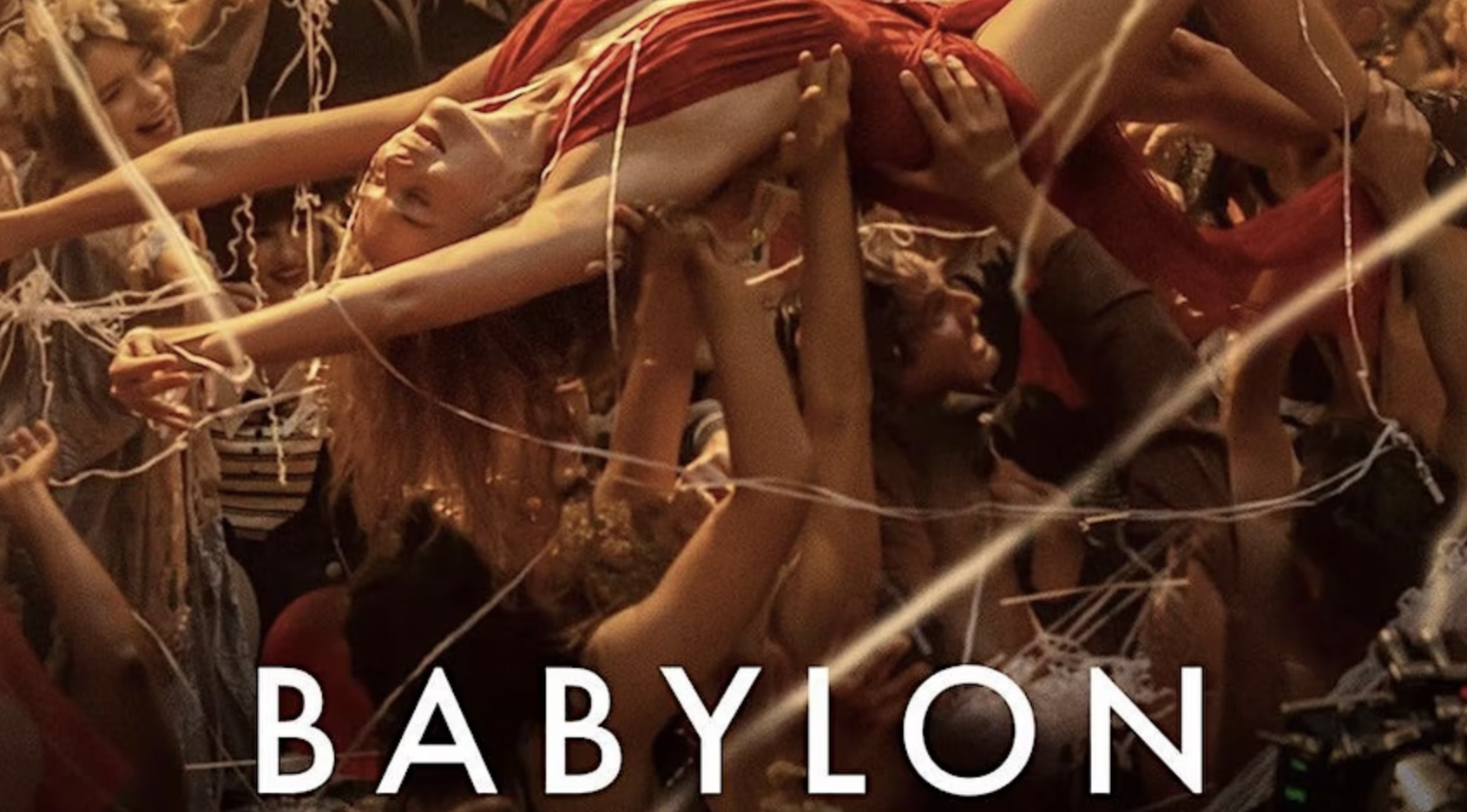Artists Equity , a Ben Affleck-Matt Damon production company, was annnounced a few days ago, but HE has its own schedule.
Affleck-Damon are to be congratulated for planning to make five ’90s-style movies a year — appealing to semi-smart people, hopefully no guilt or virtue signalling, no kneejerk woke shit, etc. Excellent!
The flaw in the plan, of course, is that the audience stupidity factor is so overwhelming that it could choke several horses per day. Given a choice between Cocaine Bear and Artists Equity’s first film, an ’80s flick about Nike and Air Jordans, most people would probably choose the former. Am I wrong? I wish I was.
Artists Equity sounds like a 21st Century version of United Artists, which was founded in 1919 by D.W. Griffith, Douglas Fairbanks, Charlie Chaplin and Mary Pickford in the pursuit of artistic independence, and First Artists (’69 to ’80), which made films for Barbra Streisand, Paul Newman, Sidney Poitier, Dustin Hoffman and Steve McQueen.
Affleck: “I see no differentiation between commercial and quality. You ask [Netflix CEO] Reed Hastings, ‘Hey well, we went for quantity.’ I’m sure that established a footprint, I’m sure there’s some wisdom in that, and I’m sure they had a great strategy, but I would have said, ‘How do you make 50 good movies a year?’ How is that possible? There is no committee big enough. You just can’t do it. It’s a thing that requires attention and dedication and work and it resists the sort of assembly line process.”
“There’s just so much to see [these days]. There’s a lot of investment that’s gone into a lot of people my age, around that age. My wife, who’s 53, the most famous, admired, spectacular woman in the world, there weren’t 53-year-old stars in the 1940s and ’50s. That was it. And there weren’t really for men [either]. Paul Newman was kind of old at 37. You read about Newman at 37, 38 and they were like, ‘Well, as you move into the sunset of your life, Paul, after Towering Inferno….’ And now people are much more familiar with this group of people. They’ve kept that name recognition in a marketplace that is so diffuse where it’s more and more and more valuable to be able to attract eyeballs, to be ab
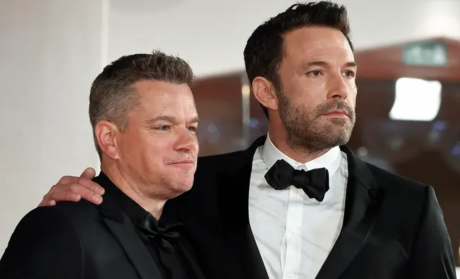
What’s up with Affleck’s voice? I know his precise tone and timbre, and it sounds like he’s recovering from strep throat.


